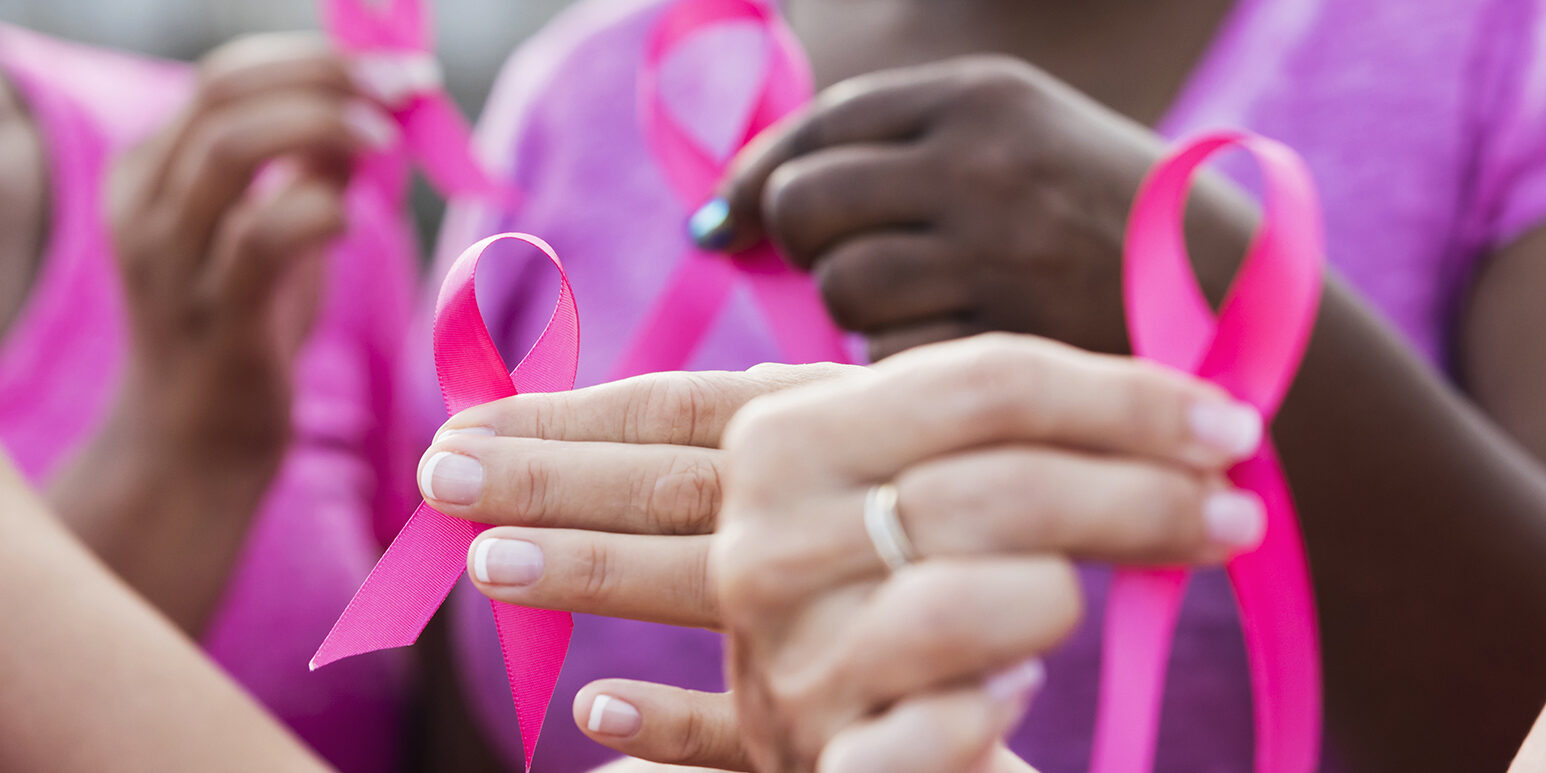Breast cancer is a serious and prevalent disease that affects millions of women – and even some men – around the world. However, there are many misconceptions about breast cancer, leading to confusion. It is crucial to separate the facts from myths to better understand this condition and take proactive steps for early detection and risk reduction.
Breast cancer can be prevented – Myth
While many believe that breast cancer can be entirely prevented, this is not true. The cause of cancer starts at the cellular level when DNA is damaged, leading to mutations in cells. Over time, these mutations can develop into cancer. Because there are numerous factors that can cause these mutations, regular screenings for early detection are essential for all women to reduce their risk.
One in eight women in the U.S. will develop breast cancer in her lifetime – Fact
This statistic can be alarming and serves as a crucial motivator for women to take proactive steps, such as getting regular screenings and living a healthy lifestyle to reduce their risk of breast cancer. The figure is even higher in parts of Long Island.
Breast cancer is the most common cancer in American women, except for skin cancer – Fact
Breast cancer is indeed the most common cancer for women, aside from skin cancer. There are currently more than 3.5 million breast cancer survivors in the U.S., and on average, a woman is diagnosed with breast cancer every two minutes in this country.
Men cannot get breast cancer – Myth
Although rare, men can get breast cancer. The breast anatomy differs slightly between men and women. Women’s breasts contain lobules, while men’s do not, which means men are less likely to develop certain types of breast cancer, but they are still at risk.
All breast cancer is genetic – Myth
Not all breast cancer is genetic, although genetics can contribute to a person’s risk. High-risk genes such as BRCA1, BRCA2, and PALB2 are linked to breast cancer, but cases can occur with no genetic link.
Breast cancer is painful – Myth
Contrary to popular belief, breast cancer is often asymptomatic in its early stages. While symptoms like nipple discharge, skin thickening, changes in breast size, or a palpable mass may occur, pain is not typically an early indicator of breast cancer.
Understanding the facts and dispelling the myths about breast cancer can empower individuals to prioritize their health. “Many risk factors for developing breast cancer are out of our control. The one thing we can control is being proactive with breast cancer screening exams,” says Fortunato Breast Health Center Medical Director Michelle Price, MD. “Early detection is the best tool we have in the fight against breast cancer. Please find the time and schedule your screening mammogram today.”
Resource:
https://www.youtube.com/watch?v=wr1DrOtiYsM&list=PLTRyqmOCm2KwJqrQmmGJOsmGZX7-DCyRu&index=53.

